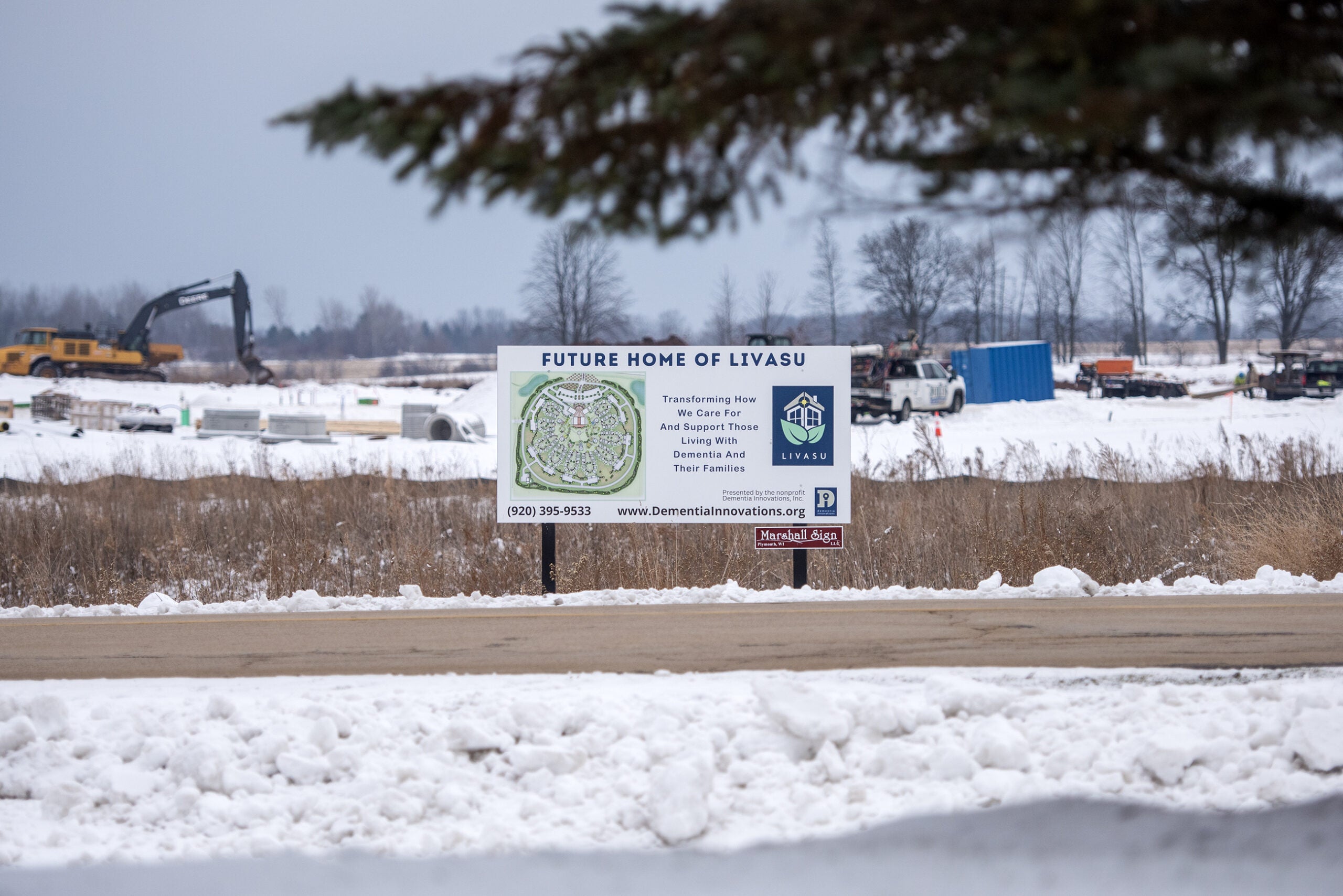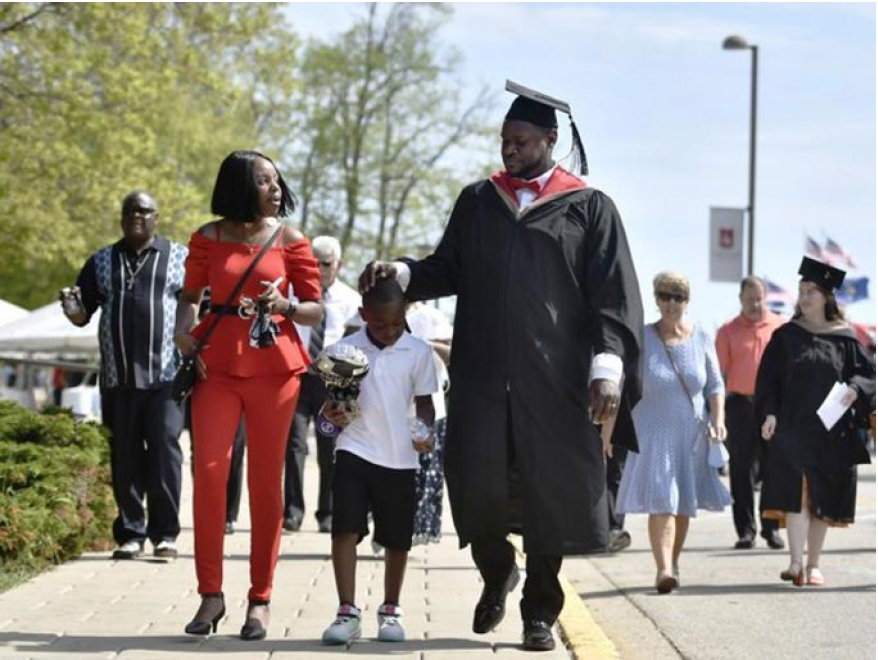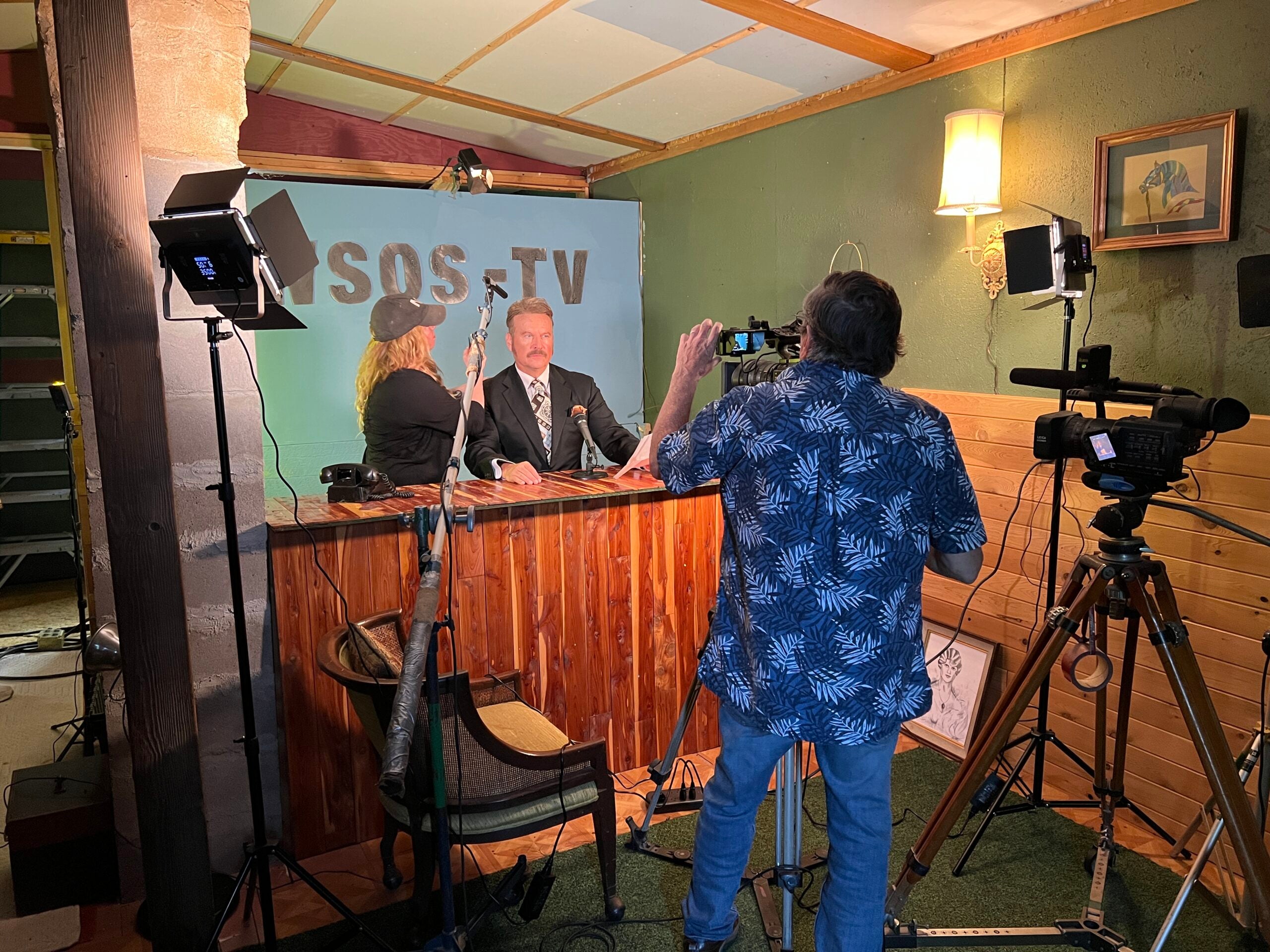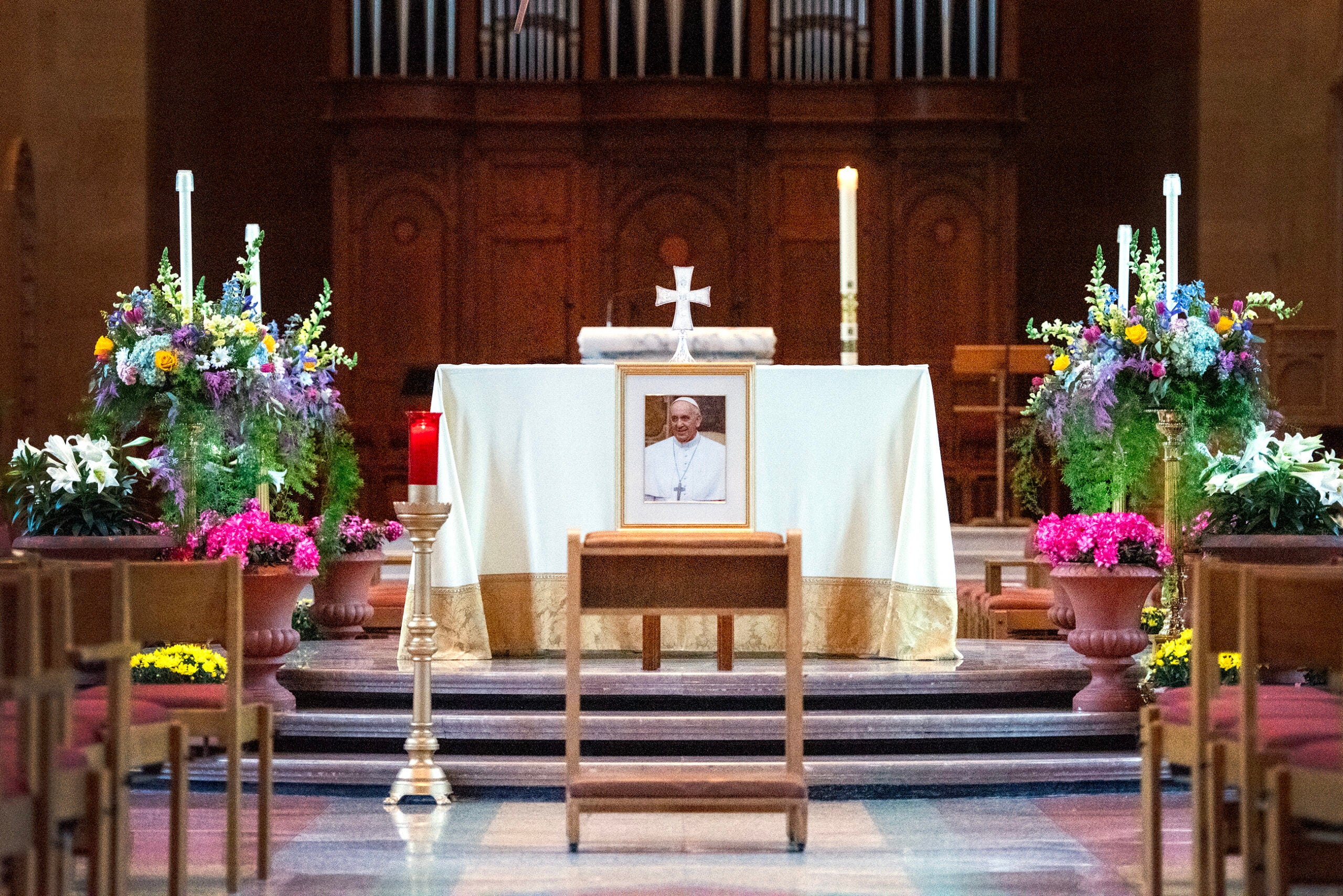John Francis, a former Wisconsin college student and professor who spent 22 years walking across the U.S. — 17 of which under a vow of silence — vividly recalls the stench of the 1971 San Francisco Bay oil spill.
“It was something that was overwhelming. You just couldn’t turn away from it,” Francis told WPR’s “Wisconsin Today.” “It was all-pervasive.”
Even as he returned to his home in Inverness, California, the experience followed him, along with the nagging feeling that he was meant to do something about it.
News with a little more humanity
WPR’s “Wisconsin Today” newsletter keeps you connected to the state you love without feeling overwhelmed. No paywall. No agenda. No corporate filter.
“I wanted to really make some kind of impact, and I decided that giving up riding in cars would be a start,” Francis said.
Thus started his decades-long journey traveling across America on foot. While under his vow of silence, he used his banjo and his hands to express himself. He earned the nickname, “the Planetwalker.”
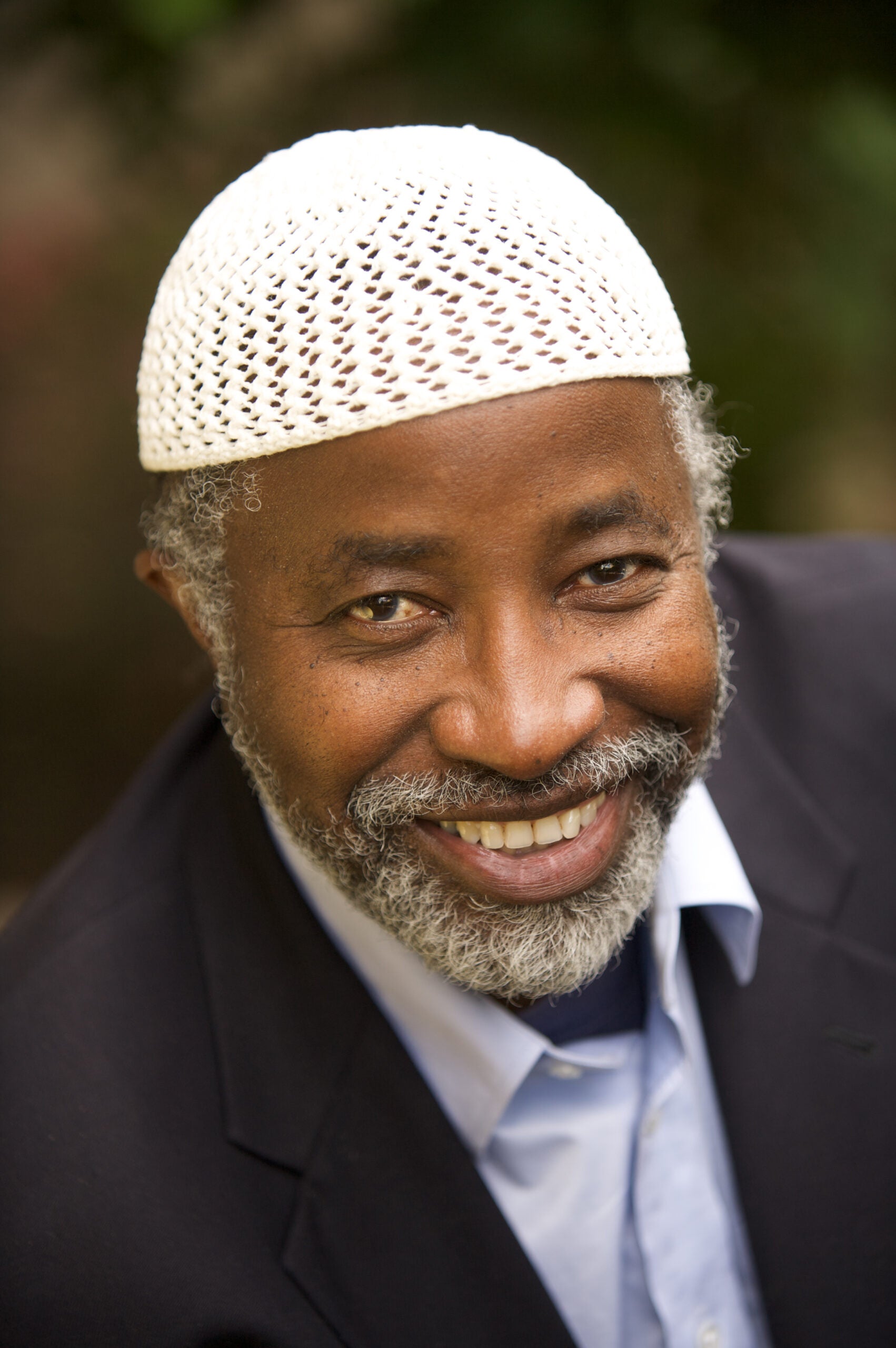
During his silent journey, he walked the entire width of the lower 48 states. He stopped in Wisconsin for a few years to earn his Ph.D. in land resources at the Nelson Institute at the University of Wisconsin-Madison. He returned to Wisconsin as a visiting associate professor 20 years later.
Francis was the subject of a 2024 documentary short film, “Planetwalker,” which was shortlisted for the 2025 Oscars.
On Tuesday, Francis is returning to Wisconsin for a screening of the film at the 2025 Earth Fest at UW-Madison.
Starting to walk, learning to listen
A friend’s sudden death in a 1972 boating accident left Francis thinking: “That could happen to any of us at any time.”
The accident pushed Francis to celebrate life and the environment around him, he said. He started by ditching cars and walking everywhere he went. First, it was the 4 miles between Inverness and the nearest town, Point Reyes Station, where his friends would invite him to play volleyball. The games were usually over by the time he arrived.
During the summer, he began taking longer walks up to Oregon, aiming to complete a 500-mile walk each summer. On his walks, he found himself arguing with strangers about his choice to give up cars and whether one person could make a difference. So on his 27th birthday, Francis decided to try staying silent for a day.
“What I heard really surprised me because I thought I knew so much. I thought I knew everything,” Francis said. “When I really listened to people speaking and didn’t set myself up to argue with them, I learned from them. I learned about them and about who they were, and I learned about who I was.”
One day became a week, and then a year. And then: “I didn’t speak for 17 years,” Francis said.
He communicated with the people around him through mime and SEE-signing, or signing exact English. He also expressed himself through banjo-playing, journaling and painting.
“As I listened and as I walked and as I became very intimate with the environment and the people around me, the silence did become a spiritual journey,” Francis said.
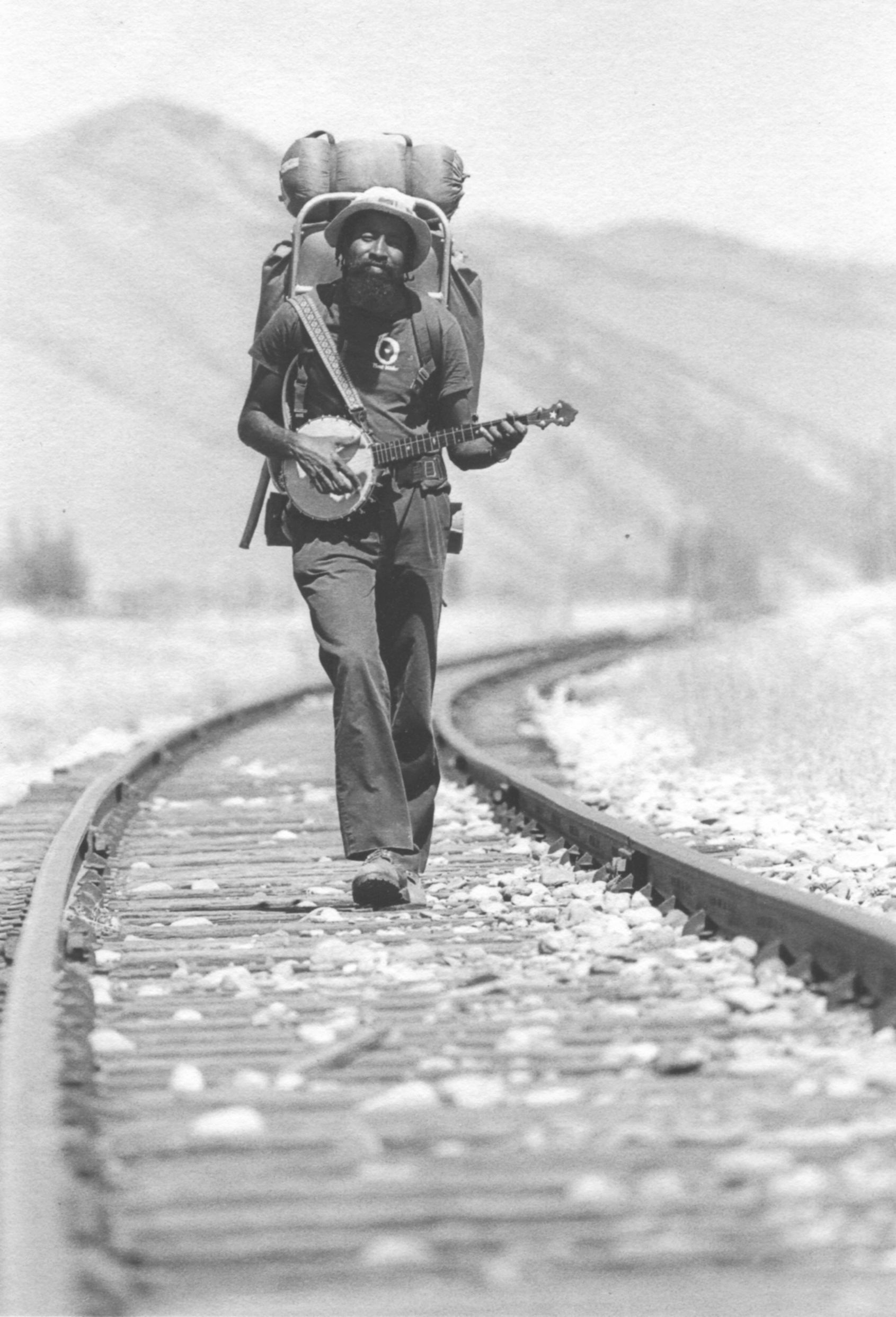
An unexpected stop in Wisconsin
Francis heard from a former professor about UW-Madison’s environmental studies program. While he was working as a printer in Watertown, South Dakota, he decided to send a letter to the university.
“I got an answer back, saying, ‘We would like for you to apply to the Ph.D. program, and we think we can support you.’ And of course, I was shocked,” Francis said.
Francis set off for Wisconsin. When he got there, he studied for his Ph.D. and taught classes — all while not saying a word. His dissertation was on the subject that started his journey: oil spills.
The Exxon Valdez oil spill happened during his time in Madison. Soon after, on the 20th anniversary of Earth Day, he began talking again. When he graduated from UW-Madison in 1991, he traveled to Washington, D.C. to help the United States Coast Guard with their response.
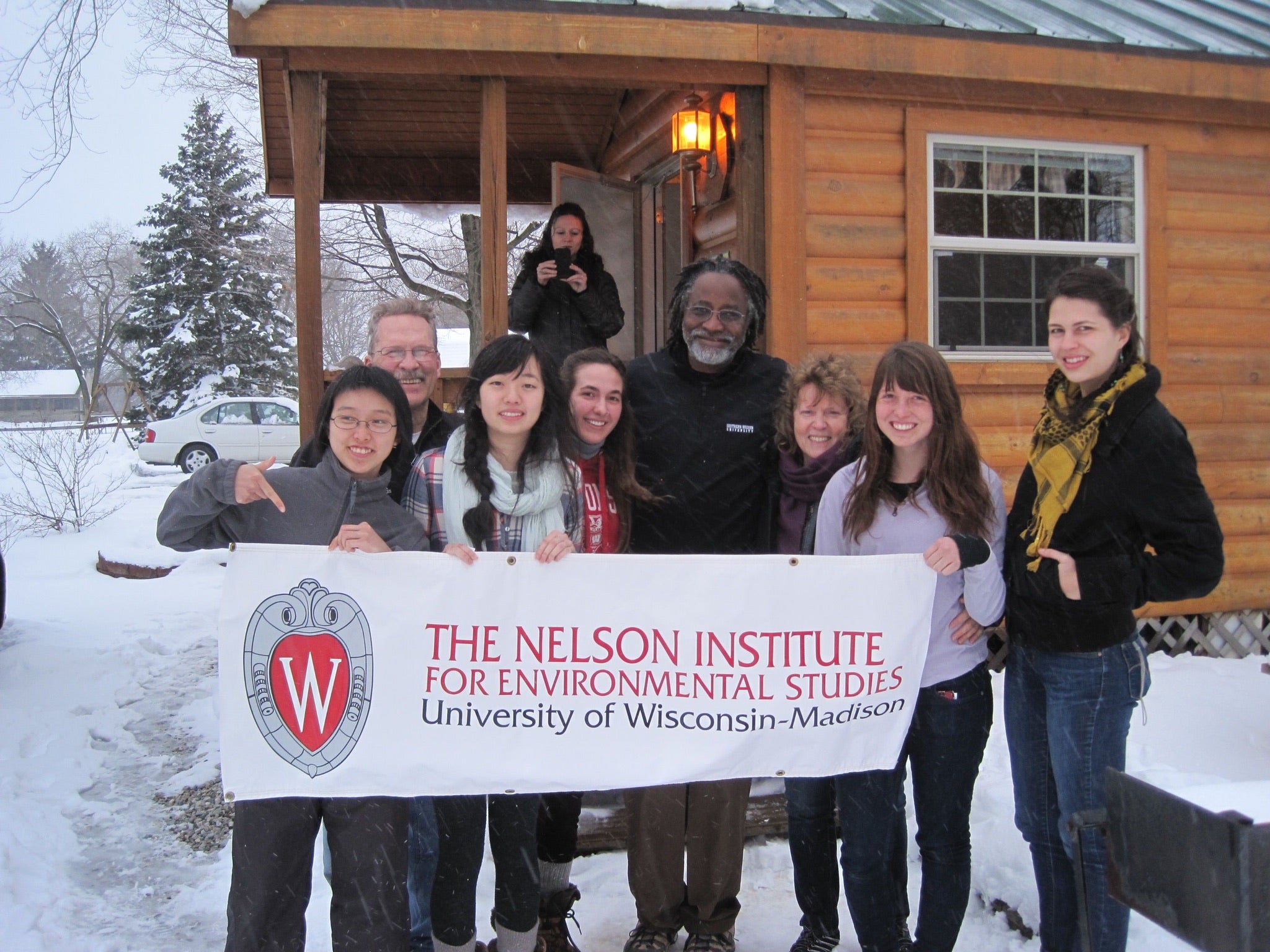
Four decades of Planetwalk and a lifesaving Badgers hat
With a nonprofit he founded, Planetwalk, Francis sailed through the Caribbean and walked the length of South America.
Wherever he goes with Planetwalk, Francis brings a little Wisconsin with him, especially his red Wisconsin Badgers hat. This might have saved his life during his journey through South America. When Francis contracted malaria while in the Bolivian Amazon, rescuers were sent by the U.S. Embassy to go find him.
“When I was rescued, the helicopter pilot said, ‘We saw your red hat, and that’s how we knew it was you,’” Francis said. “I’m really attached to my red Wisconsin hat.”
Since 2023, Francis has been working on walking across Africa in segments, from Cape Town, South Africa to Cairo, Egypt. He’ll start the next leg of his journey in July.
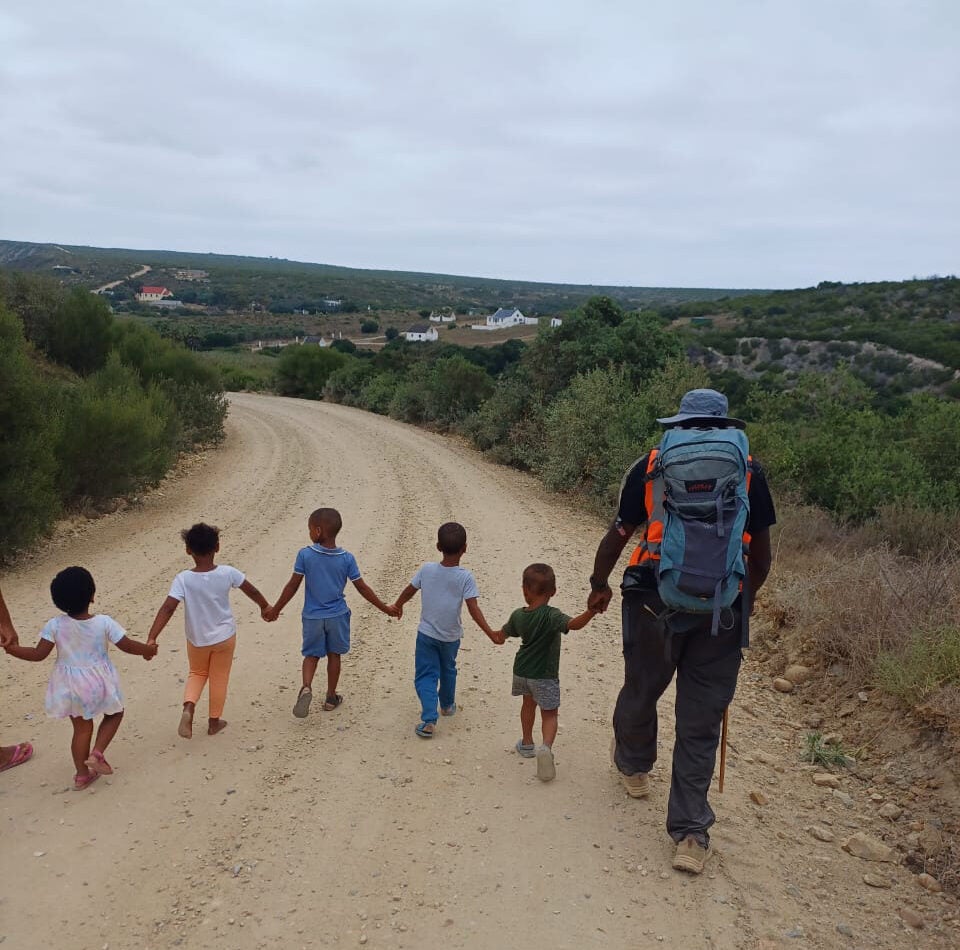
On his journey, he’s brought pop-up telemedicine clinics to underserved communities. He’s also partnered with GLOBE — Global Learning and Observation to Benefit the Environment — which is an international science and education program that involves students and the public in environmental science and data collection. Throughout his walk, he’ll be visiting GLOBE schools and taking measurements for the program.
Through Planetwalk, Francis and his team are also hoping to bring Planetwalk clubs to schools around the country, starting with six K-12 pilot schools. The aim of the clubs will be to bring Francis’ message of kindness and environmental stewardship to young people.
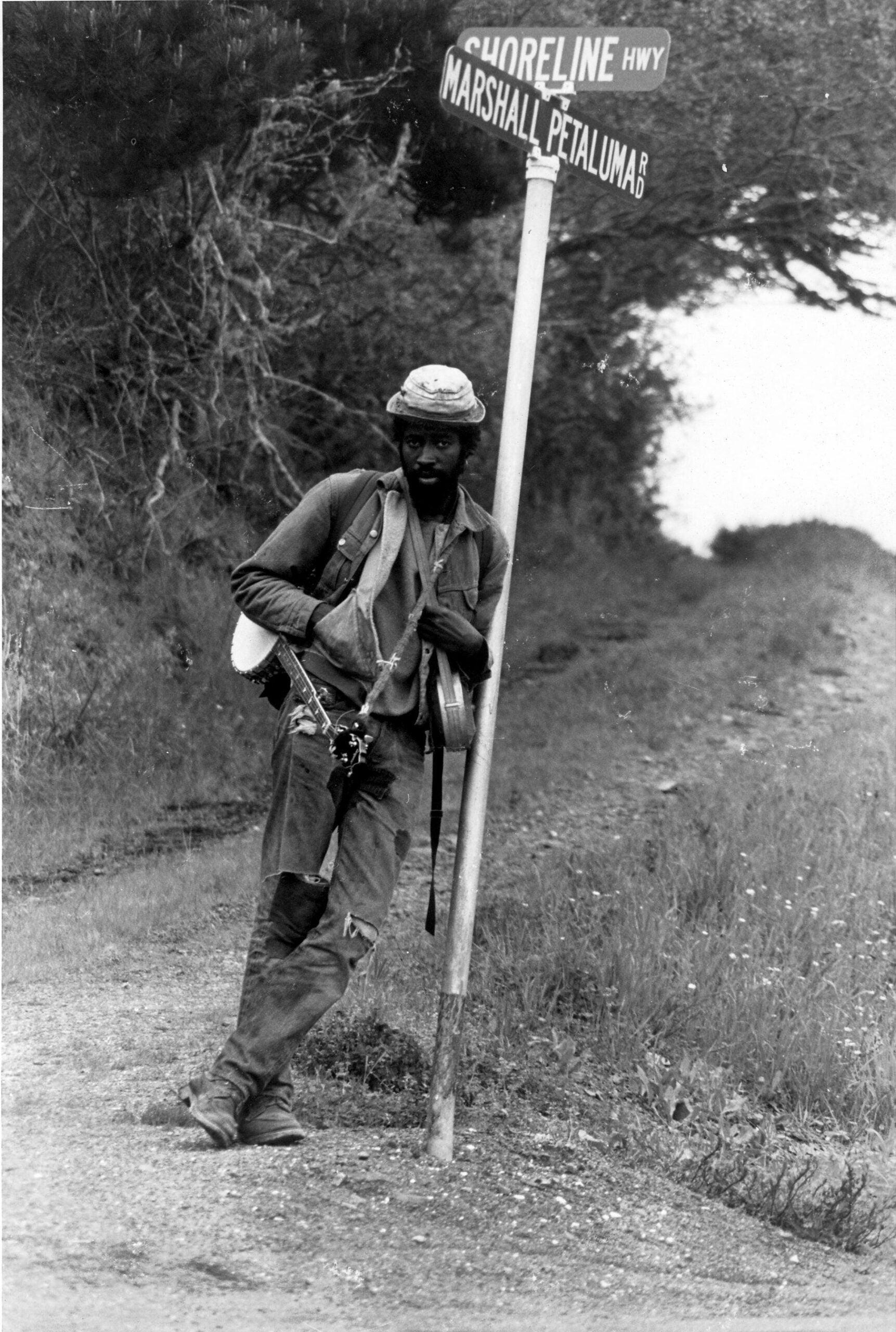
‘Kindness is the special sauce’
Francis is often asked the same question that caused him to argue with strangers all those years ago: How can one person make a difference?
He learned the answer from people he encountered along his walks. As an African American man in the 1980s walking silently and alone, Francis’ parents were worried he would encounter violence. Instead, he said, many of the people he met were friendly and helpful.
“The kindness that people showed me was also a lesson for me to understand how each person made a huge difference in my life by being kind,” Francis said. “Since we’re all part of the environment, then how we treat each other is our first opportunity to treat the environment in a sustainable way.”
For Francis, making a difference in the problems that threaten the existence of our planet starts with how we interact with the person next to us.
“Environment, to me, became not just about pollution and loss of species and habitat, but also about human rights and gender equality and economic equity and all the ways that we relate to one another,” Francis said. “Each of us can make a difference every moment that we exist on the planet, particularly in our relationships with each other.”



